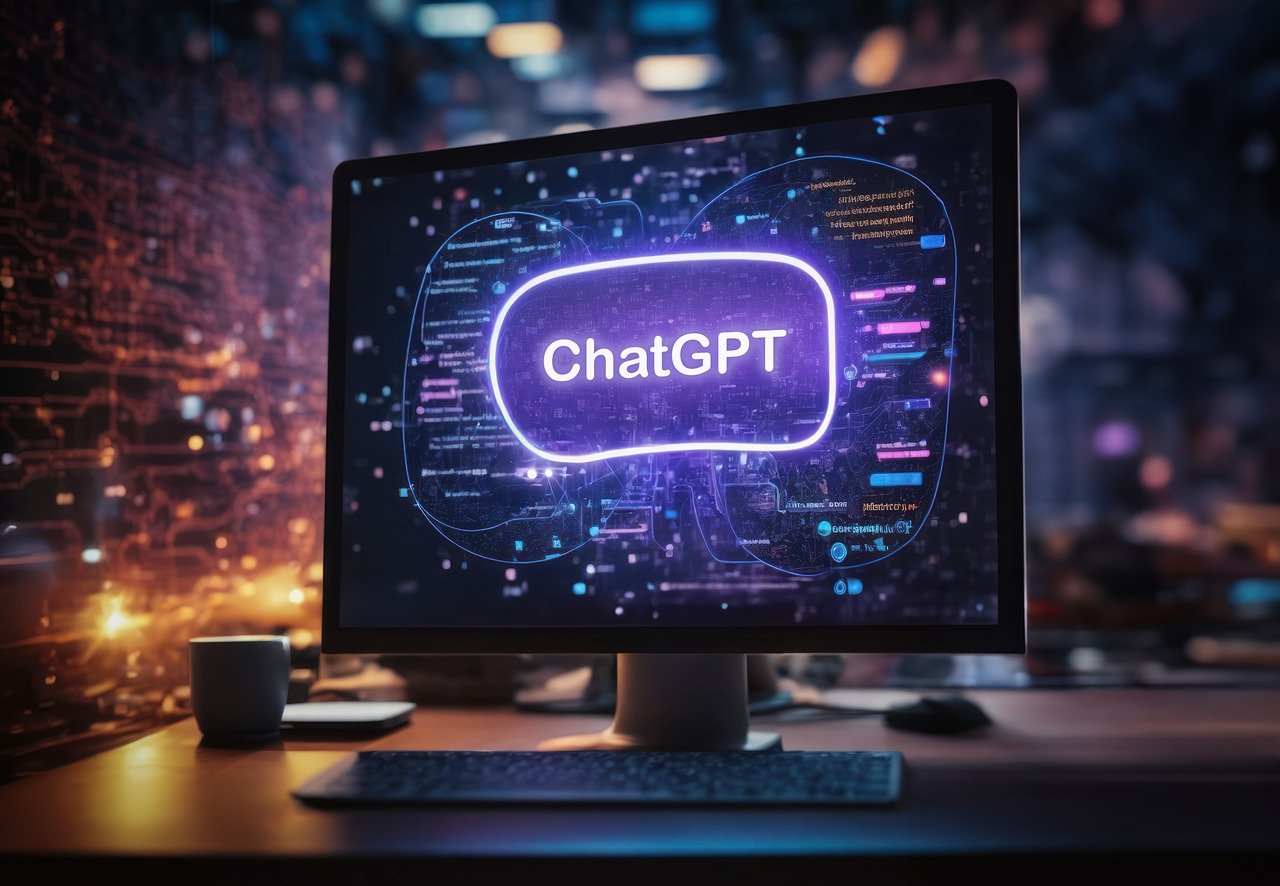Staying ahead is all about working smarter. Lawyers can use ChatGPT to lighten their workload and easily handle repetitive tasks. However, using AI in law isn’t just about speed; it’s about maintaining ethics and security. Striking that balance is possible, and I’m here to walk you through five safe, effective ways to make ChatGPT a trusted tool in your practice.
-
Simplify Legal Content Creation
One of the most impactful ways lawyers can use ChatGPT is to simplify content creation for their websites, blogs, and newsletters. Writing legal content can be time-consuming, but with AI’s help, you can draft initial ideas in a fraction of the time, allowing you to focus on refining the content rather than starting from scratch. Imagine having a well-organized outline in minutes!
- Draft Blog Posts: ChatGPT can create outlines for legal blog posts. After you input a few details, it delivers structured content that you can customize and edit.
- Generate Email Templates: Need to send out a client reminder or follow-up? ChatGPT can provide professional yet conversational email templates to keep clients in the loop.
- Assist with Legal Newsletters: Keeping clients informed is key to building trust. AI can help generate content for your legal newsletters, offering updates on industry changes, client success stories, and more.
Whether you run a solo practice or manage a larger team, ChatGPT allows you to create more content with less effort.
-
Strengthen Client Communication
Client communication is the foundation of any successful law firm. Lawyers can use ChatGPT to enhance how they communicate with clients, ensuring clarity, responsiveness, and professionalism. By using ChatGPT to streamline routine client interactions, you can maintain the personal touch while saving time and effort.
- Respond Quickly to FAQs: AI can help draft answers to frequently asked questions, allowing you to respond to clients promptly without typing out each reply from scratch.
- Client Updates: ChatGPT can help draft succinct updates for your clients after court dates or significant case developments, keeping them informed and reassured.
- Client Onboarding Materials: Streamline the onboarding process with AI-generated welcome packets or client instruction guides that clearly outline what clients can expect during their legal journey with your firm.
By automating these routine communications, you can focus more time on providing top-notch legal services.
NOTE: Do not use your client’s name or any other sensitive information. Use Jane Doe or John Doe or any name other than your client’s actual name should you need to enter a name. Use 123 Main Street and other fictitious entries in place of such details.
-
Generate Legal Templates and Forms
Another convenient way lawyers can use ChatGPT is to generate drafts of legal templates or forms that are commonly used in your practice. While the content will need to be reviewed and adjusted for legal accuracy, ChatGPT provides an efficient starting point, saving you time and ensuring you have a solid foundation to work from.
- Contract Templates: Whether it’s a simple contract or a more complex legal agreement, ChatGPT can generate a basic draft that you can then fine-tune to meet your client’s specific needs.
- Client Intake Forms: Use AI to quickly draft intake forms that gather important details about your client’s legal matters, making the process smoother for both parties.
- Draft Legal Letters: ChatGPT can generate a first draft of common legal correspondence, from demand letters to cease-and-desist notifications.
These time-saving tools let you focus on the details that matter most while giving you a strong foundation from which to start.
-
Enhance Legal Research
Lawyers can use ChatGPT to enhance legal research, particularly when it comes to finding general information or summarizing lengthy documents. While it’s no replacement for more advanced research tools, ChatGPT can help kickstart your research by pointing you in the right direction or providing basic overviews, giving you a solid starting point and boosting your confidence in your research.
- Summarize Case Law: ChatGPT can help generate concise summaries of legal rulings or statutes that are essential to your case.
- Translate Legal Jargon: ChatGPT can translate complex language into digestible explanations
- for non-lawyers or clients unfamiliar with legal terms.
- Create Legal Summaries: When preparing for meetings or court, use ChatGPT to summarize key points from redacted legal documents. This will help you cut through the clutter and focus on the essentials.
When using ChatGPT to enhance legal research, it’s important to always verify the information with trusted legal databases. While ChatGPT can significantly speed up the initial research phase, it’s no replacement for the accuracy and depth of more advanced research tools.
-
Boost Marketing Efforts
Marketing is essential for building a law firm’s reputation and attracting new clients. Lawyers can use ChatGPT to develop marketing strategies and content that speak to their target audience, whether through social media, email marketing, or online ads.
- Create Social Media Posts: With ChatGPT, you can quickly generate compelling social media posts that highlight your expertise, share legal tips, or celebrate firm achievements.
- Write Ad Copy: AI-generated ad copy can save time when crafting paid ads for Google or social media platforms, focusing on the pain points of your target audience.
- Develop Video Scripts: Video content is more popular than ever. ChatGPT can help you write short, engaging scripts that explain legal concepts or promote your services.
By leveraging AI for marketing tasks, you can stay consistent in your outreach without spending hours crafting the perfect message.
Conclusion: Incorporating AI into your law practice doesn’t have to be overwhelming or risky. Lawyers can use ChatGPT in a variety of safe and ethical ways. The key is to use ChatGPT as a tool to supplement your expertise, never as a replacement.
Want more ideas? Download our List of ChatGPT prompts here to jumpstart your next project!





